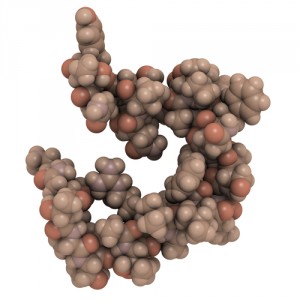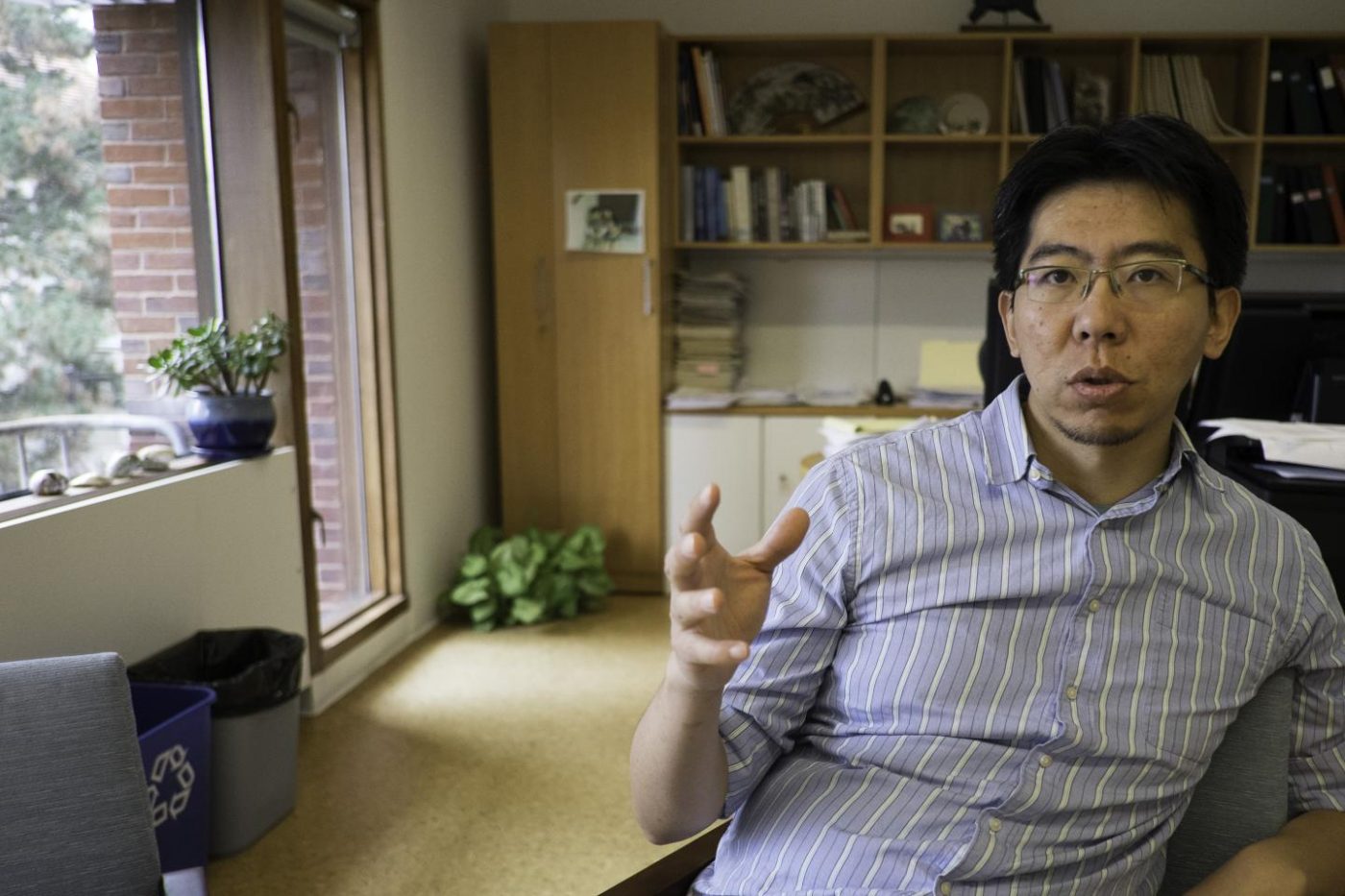 A recent study entitled “Long-term persistence and development of induced pancreatic beta cells generated by lineage conversion of acinar cells” reports how adult reprogrammed cells can persist for long periods of time — for more than a year — and develop into functional differentiated cells, in this case, to pancreatic beta cells. The findings of the research could expand the understanding of what leads to type 1 diabetes, and how the disease could be more effectively treated. The study was published in the online version of Nature Biotechnology journal.
A recent study entitled “Long-term persistence and development of induced pancreatic beta cells generated by lineage conversion of acinar cells” reports how adult reprogrammed cells can persist for long periods of time — for more than a year — and develop into functional differentiated cells, in this case, to pancreatic beta cells. The findings of the research could expand the understanding of what leads to type 1 diabetes, and how the disease could be more effectively treated. The study was published in the online version of Nature Biotechnology journal.
The work was developed by researchers at Harvard Stem Cell Institute (HSCI) and Massachusetts Institute of Technology (MIT) and led by Joe Zhou, an associate professor in Harvard’s Department of Stem Cell and Regenerative Biology. Here, the authors focused on improving a method to convert a type of cell present in the mouse pancreas — adult mouse pancreatic acinar cells — into beta cells, the cells responsible for storing and releasing insulin, which when lost leads to type I diabetes. They showed that in adult diabetic mice, induced beta cells persist for over a year (13 months) and were fully functional within 7 months, being capable of secreting insulin and restoring normal glycemia in some diabetic mice. Phenotypic progression of these cells is accompanied by alterations in their DNA methylation landscape, observed within 10 days, and changes in the transcriptome were observed for a period of 2 months culminating in a transcriptomic landscape similar to endogenous beta cells.
Dr. Zhou commented, “What we have demonstrated is that yes, the reprogrammed cells can be useful, and for that to happen, you have to create a niche environment in which the cells can survive. We have improved the reprogramming efficiency to a point where one can create a large enough number of the new cells that the new cells create their own niche environment.”
The authors’ findings have clear implications on enveloping potential, new therapeutics to treat diabetes. However, the authors highlight that while currently the reprogramming is based in genes, in the future this approach should be altered to chemicals or even RNAs, to limit other effects over cells. Dr. Zhou added, “I’ve talked to many clinicians about whether our approach could be used in humans, and the opinion is divided. Some say this could be developed into a human treatment, and some say it should be improved. But there seems to be general agreement that it could potentially be useful.”


